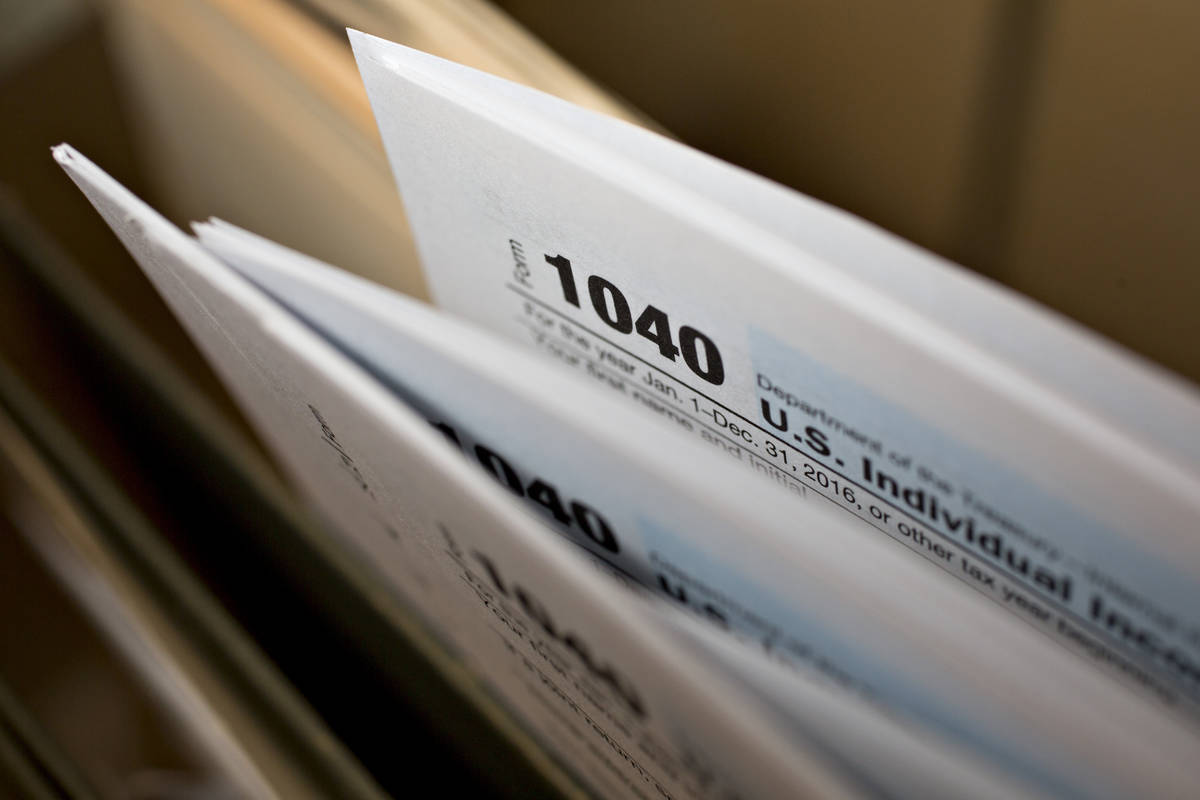EDITORIAL: The ‘race to the top’ on corporate taxes
If grocery industry titans colluded to boost profits by setting uniform prices for toilet paper, ground beef and other commodities, they would face federal criminal charges and likely end up in jail. Yet when elected officials collaborate to manipulate markets in order to keep the spigot flowing with other people’s money, it’s just business as usual.
Last week, leaders of the so-called G-7 nations met in Europe to discuss various issues as the world begins to emerge from the coronavirus pandemic. At the top of the agenda was a plan pushed by President Joe Biden and his brain trust to unilaterally disarm in the battle for global competitiveness by imposing a “minimum” corporate statutory tax rate of at least 15 percent across major Western economies.
America first or last?
Progressives have decried a “race to the bottom” in which nations seek to attract jobs and investment by setting tax rates that don’t punish entrepreneurs and successful corporations. Yet the freedom to escape punitive policies operates as a restraint on governments — including the U.S. Congress — from continually raising taxes. A “minimum” tax — which will no doubt rise consistently and frequently — will create a “race to the top” that will hamper economic growth and increase poverty.
“Academic research shows that the imposition of higher corporate taxes is a highly destructive way to collect revenue because it lowers investment and, in turn, workers’ wages,” notes Veronique de Rugy, a senior research fellow at the Mercatus Center at George Mason University. “It also increases consumer prices. Also, let’s face it, no nation has ever become wealthier and better through higher taxes and wealth redistribution.”
The “minimum” tax gambit is part of the Biden administration’s plan to confiscate $2 trillion from U.S. corporations over the next decade to pay for its massive spending blowout. The president seeks to increase the corporate tax rate to 28 percent — a 33 percent increase — and realizes that will lead to a loss of investment unless he can cajole the rest of the world to go along.
Currently, “capital will move to countries providing the best package of public services, such as infrastructure and education, at the lowest tax cost,” notes Jack L. Mintz of Canada’s Financial Post. “It’s clear why governments don’t like that form of competition. They prefer cartelization of the tax system so they can pile taxes on multinationals to finance their spending. But it’s not clear why citizens shouldn’t like it.”
If the Biden administration believes that U.S. coporate tax structure needs reform, let’s have a debate in Congress rather than handcuff the nation to a policy that will provide cover for higher and higher corporate taxes that will put American firms at a disadvantage in the global marketplace.






















